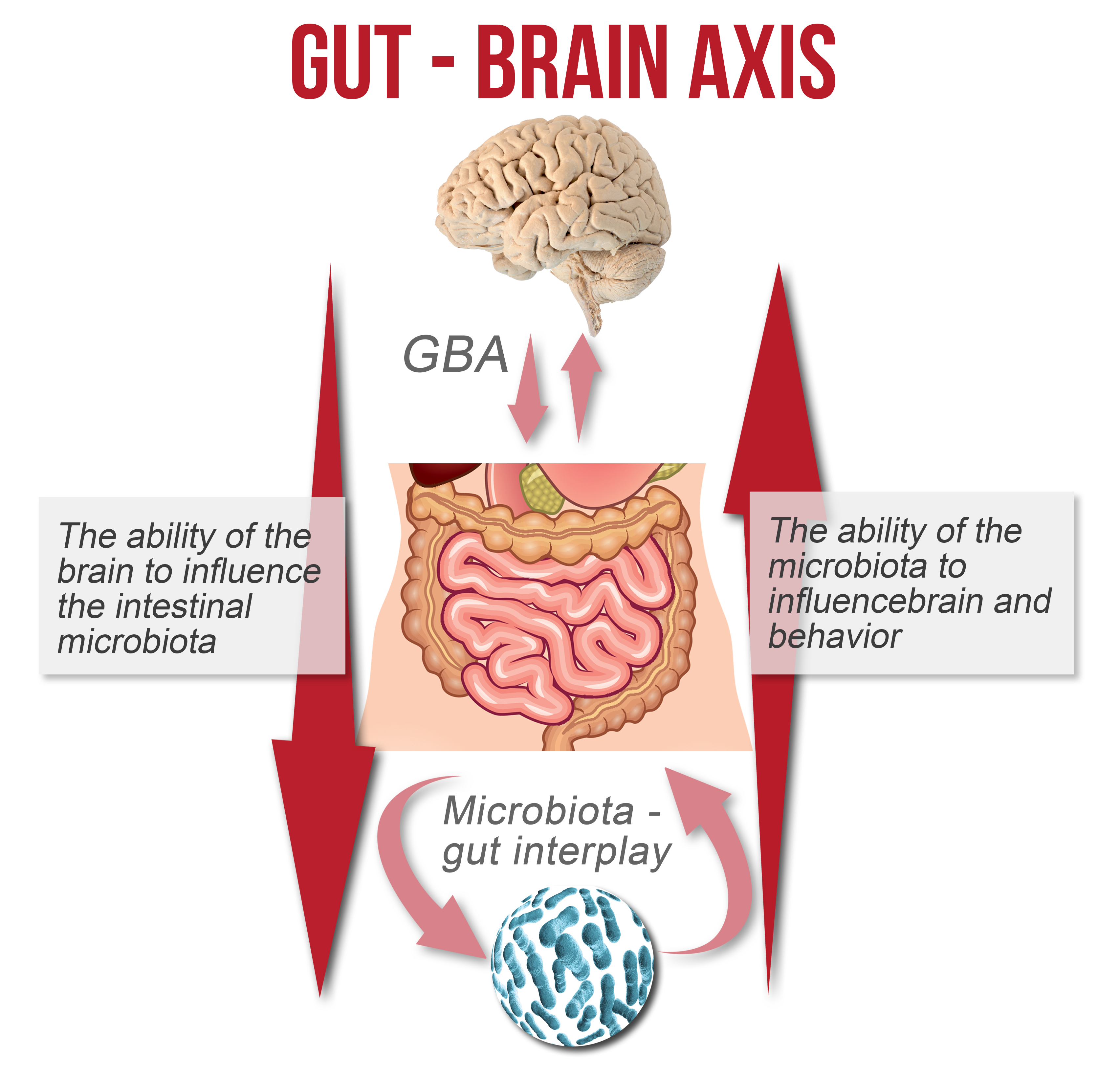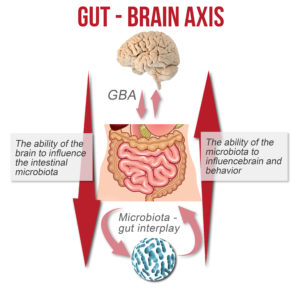
How exactly does the Gut affect the Brain?
How the gut changes the brain is a subject under discussion at the Integrative Addiction Conference to be held in Austin, Texas during August 2016. Other informative subjects will be discussed in a number of areas by highly regarded professionals and will include the following –
- Restoring the gut heals addiction
- Obesity is an addiction not a lifestyle
- Gut neurotransmitters connection and addiction
- Learn how to establish a profitable addiction clinic
- And much, much more………..
Should you be interested in finding out more about how the gut changes the brain and other related areas in respect of physical, mental and emotional health and addiction, book your place now at our link – http://regenerativepotential.com/integrativeaddictionconference/. Take home a wealth of knowledge to use in your own practice and interact with your peers to exchange valuable medical information and grow your network of specialists in this field.
 Although gut-brain health is not a new concept, the depth of the effect of this relationship still does not appear to be particularly widely known at some levels of medicine. With the gut behaving as a second brain and having more neurons than the spine or nervous system, perhaps it is time for the medical profession to take the gut-brain relationship far more seriously in the treatment of physical and mental disease.
Although gut-brain health is not a new concept, the depth of the effect of this relationship still does not appear to be particularly widely known at some levels of medicine. With the gut behaving as a second brain and having more neurons than the spine or nervous system, perhaps it is time for the medical profession to take the gut-brain relationship far more seriously in the treatment of physical and mental disease.
How the gut affects the brain is becoming increasingly apparent in recent studies. One of these has shown a significant connection between the levels of certain gut bacteria and autism for example, with lower levels of Bacteroides fragilis having been found in children with autism. Bacteroides fragilis was sourced from humans and given to mice that showed similar behavior to that of autism in children. The results were significant. The behavior of the mice altered and they became far more sociable, less anxious and exhibited far less repetitive behavior. Another example of how the gut affects the brain relates to a study involving the common bacteria – Lactobacillus and Bifidobacterium. These bacteria were found to reduce anxiety and depression levels, again proving a connection between intestinal bacteria and brain function.
Significantly higher levels of 4-ethylphenylsulphate – 4EPS have also been detected in the intestinal environments of mice exhibiting autistic type behavior, having levels of up to 40 times more than their well-adapted counterparts. Although the link isn’t entirely clear – it does provide supporting evidence that 4EPS and other chemicals yet to be discovered, may play an important role in neurodevelopmental disorders.
Still not convinced that there is a very important link between brain and gut function? Think again. A study was conducted of 25 women who received brain scans at the beginning of the study to determine their responses to a series of facial images displaying various emotions such as happiness, anger, sadness and more. Twelve of the 25 women then at commercially sourced yoghurt, containing live bacteria with four strains of bifidobacterium, streptococcus, lactococcus, and lactobacillus, twice a day for four weeks. The brain scans conducted at the end of the study showed that the yoghurt eating group reacted far more calmly to the facial images than the non-yoghurt eating control group. It is thought that bacteria in the yoghurt created chemical changes in the brain that led to the calmer responses, but it is not yet known how exactly these changes occur.
What is known is that “good” bacteria produce neurotransmitters including GABA, dopamine and serotonin that affect mood levels. Specific organisms also affect how these neurotransmitters are metabolized and the amounts that then circulate in the brain and blood.
Butyrate is another neuroactive chemical produced by gut bacteria that affects anxiety and depression. These microbes in turn affect the vagus nerve – the main information pathway from the gut to the brain. The immune system in turn is also impacted, also resulting in behavior and mood changes. A natural progression from this perspective is that gut microbes may well be used to replace Prozac and valium in the treatment of psychiatric disorders in the future once more is known about the gut-brain-behavior dynamic.
Yet another study shows how myelination – the formation of the fatty sheathing around nerve fibers can also be influenced by intestinal bacteria in a certain part of the brain. Studies are underway to establish whether a metabolite produced by some intestinal flora may one day be used to treat multiple sclerosis.
 Irritable bowel syndrome (IBS) and type II diabetes have also been linked to the gut, with depression and anxiety being caused by an imbalance of intestinal bacteria, rather than the other way around. Many studies are currently underway linking behavior, brain physiology and neurochemistry to gut health. Several neurological conditions such as anxiety, autism, schizophrenia and neurodegerative disorders have been linked to intestinal flora and the growing body of evidence is looking more promising with every study.
Irritable bowel syndrome (IBS) and type II diabetes have also been linked to the gut, with depression and anxiety being caused by an imbalance of intestinal bacteria, rather than the other way around. Many studies are currently underway linking behavior, brain physiology and neurochemistry to gut health. Several neurological conditions such as anxiety, autism, schizophrenia and neurodegerative disorders have been linked to intestinal flora and the growing body of evidence is looking more promising with every study.
Join us at our Integrative Addiction Conference in Austin, Texas in August 2016 to learn more about the gut-brain dynamic.
Bookings can be conveniently made online at
http://regenerativepotential.com/integrativeaddictionconference/

0 comments
Write a comment